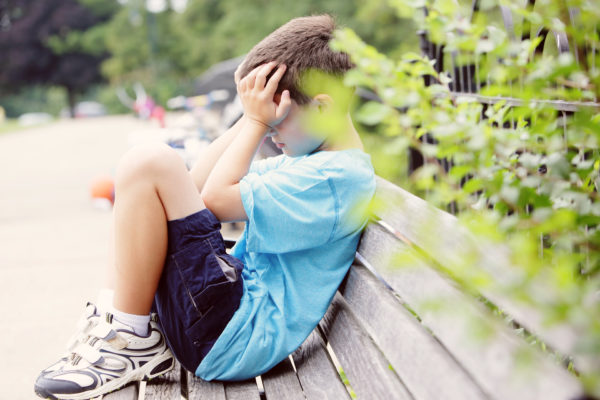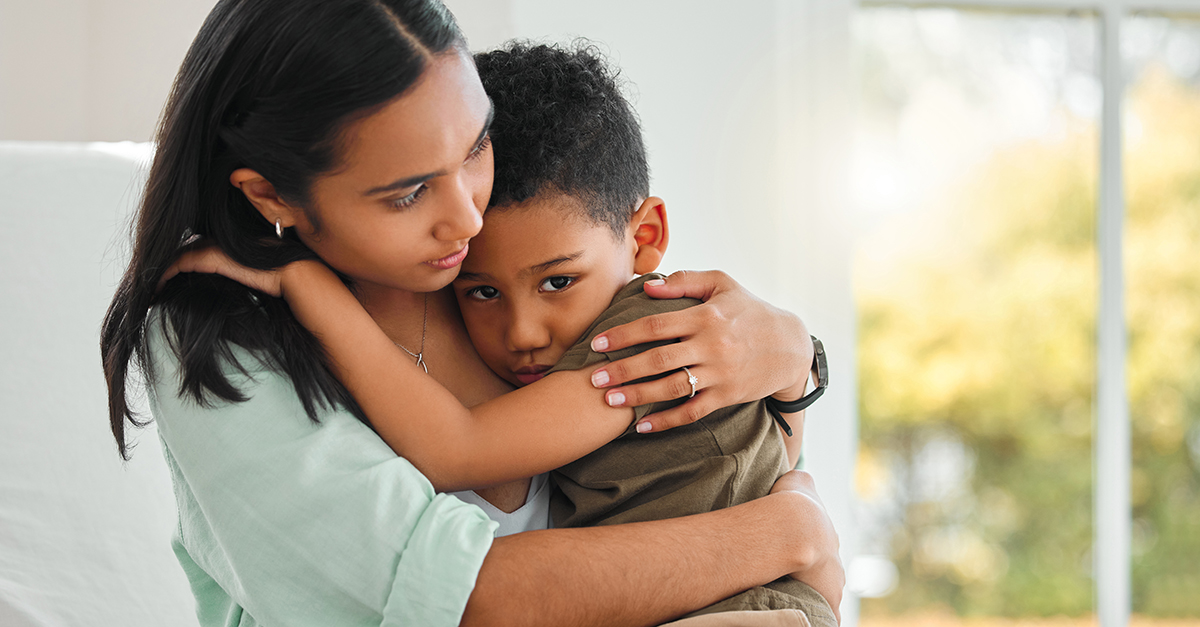Most parents – and their kids – are too embarrassed to even discuss bedwetting with a pediatrician.
But it’s quite common, says Dr. Bradley Dixon, a physician in the Division of Nephrology and Hypertension at Cincinnati Children’s Hospital Medical Center, and rarely a sign that anything is medically wrong with a child.
As many as 15 percent of 7-year-olds still wet the bed, Dixon says, and as many as 0.5 percent of adults have the same problem.
Just because it’s a common problem, though, it’s not easy to live with. Children who wet the bed can’t help it, and it’s an embarrassing and upsetting problem. Parents may worry that their children are too lazy to get up and go to the bathroom or that they have physiological or psychological problems.
In most cases, children wet the bed because the brain signals that tell the body the bladder is full haven’t fully matured, Dixon says. Other factors include smaller-than-average bladder capacity, higher urine production overnight or a higher level of bladder muscle activity.
Genetics are also a factor, he says. If one parent wet the bed as a child, odds are nearly 50 percent that his or her child will do the same.
And chronic constipation can lead to bedwetting. Stool in the rectum can put pressure on the bladder, causing urination. Treating the constipation aggressively over a course of months can often improve or resolve bedwetting.
Most children will quit wetting the bed on their own as they get older. An alarm can sometimes help, and a medication called ddAVP that reduces the production of urine at night can help too, though it’s not recommended for long-term use.
The main thing parents can do is to help their children understand that they’re not to blame for bedwetting, and that they shouldn’t be punished for it.
Disposable absorbent garments like PullUps can be useful for sleepovers or camping trips, and so can ddAVP.
In rare cases, bedwetting can be a sign of a more serious medical problem, including diabetes, kidney malformations, sleep apnea, or malformations or inflammation of the bladder itself.
If any of these warning signs are present, parents should make sure to discuss the problem with the child’s pediatrician:
- Burning or pain with urination
- Foul odor in the urine
- Visible blood in the urine
- Excessive thirst
- Excessive tiredness during the day, or heavy snoring during sleep
Dr. Dixon emphasizes that most kids who wet the bed do not have anything physically wrong with them. The bedwetting will improve either with no treatment as they get older or with the treatments that we’ve discussed above.
Patience will go a long way, as will reminders for the child that they are not to blame.






[…] Healthcare IT gets political- How Judy Faulkner and Epic Systems are destroying Interoperability EXCERPT FROM Healthcare IT ARTICLE- https://cincinnatichildrensblog.org/my-7-year-old-still-wets-the-bed-should-i-be-concerned/ […]